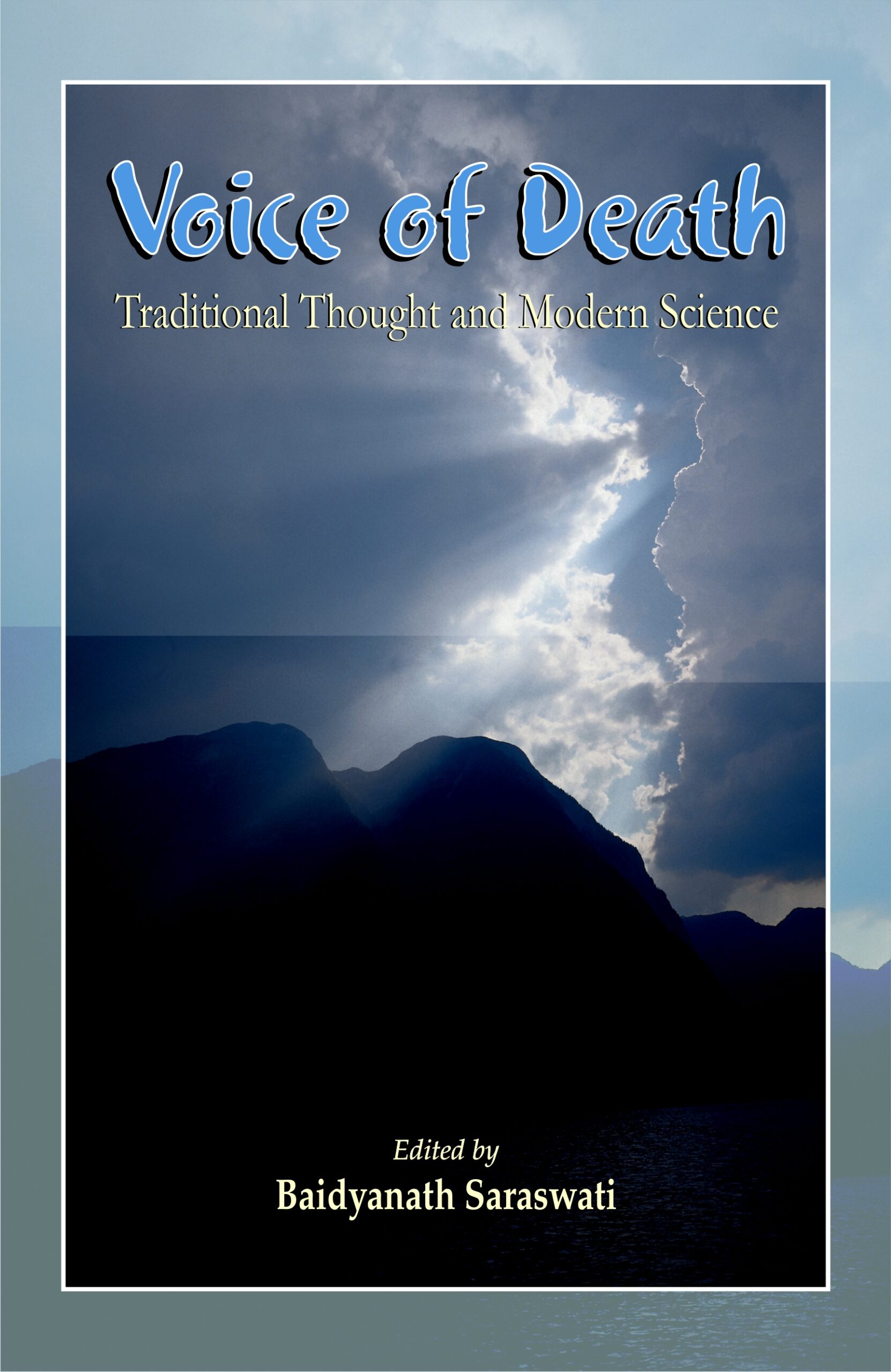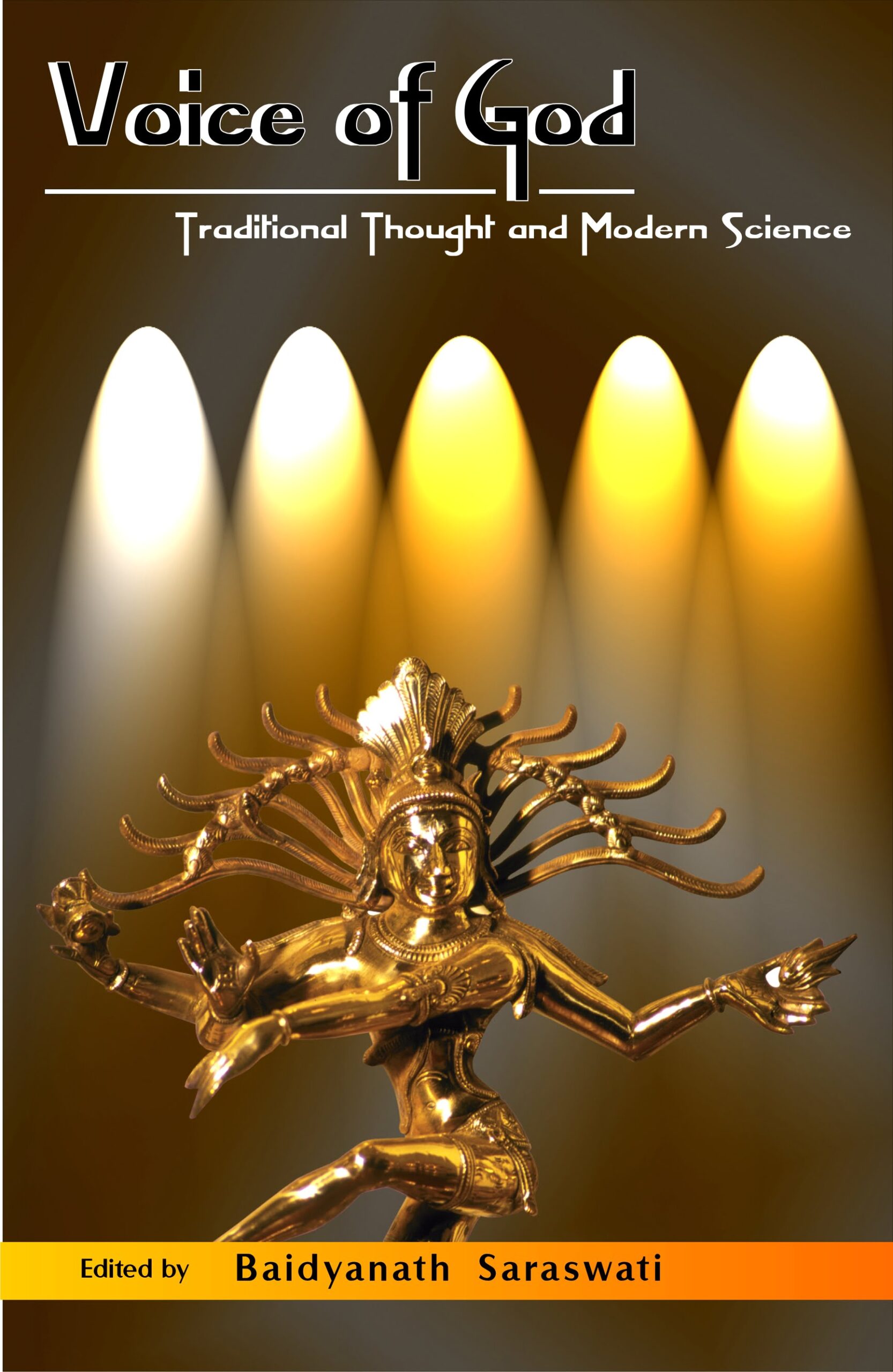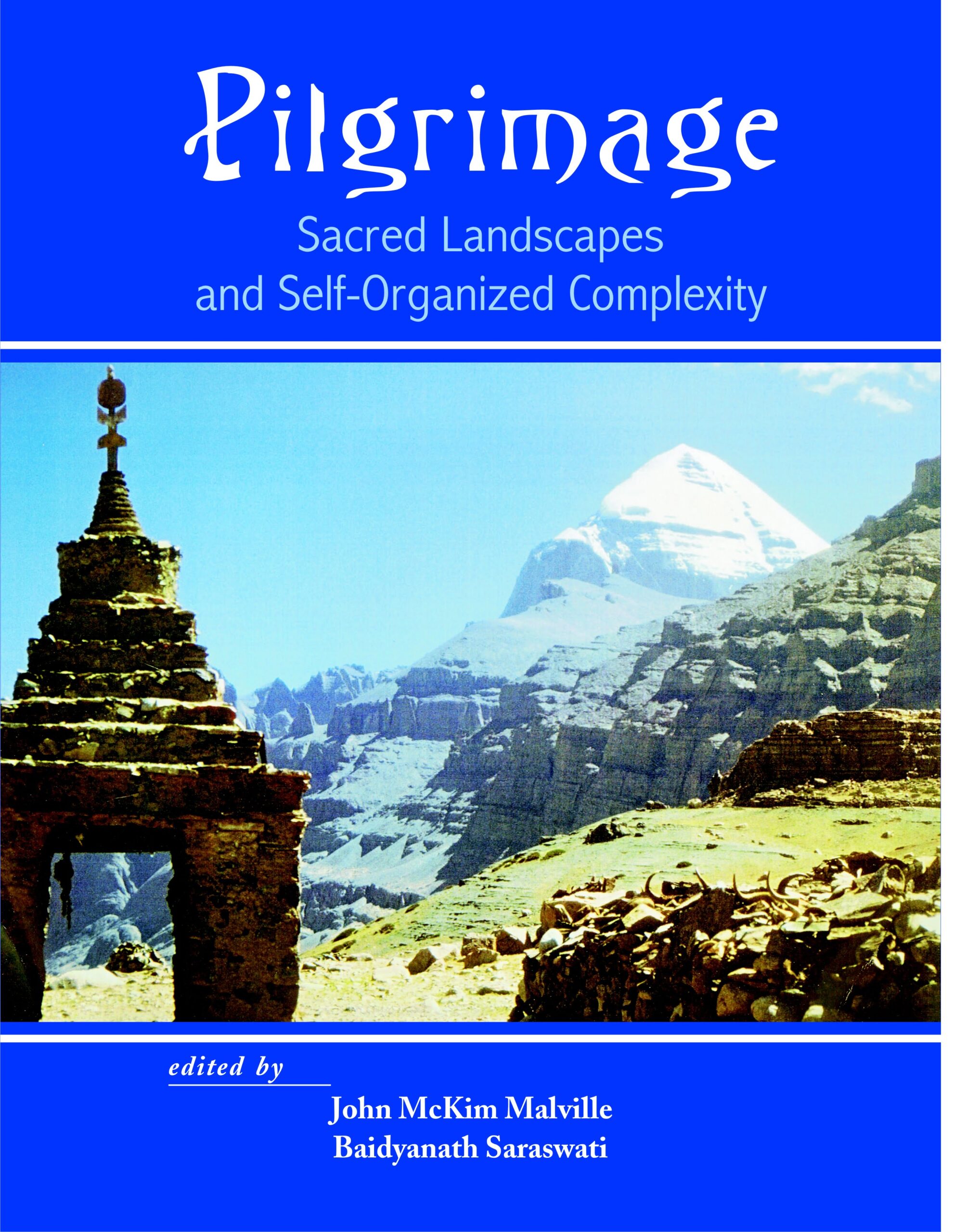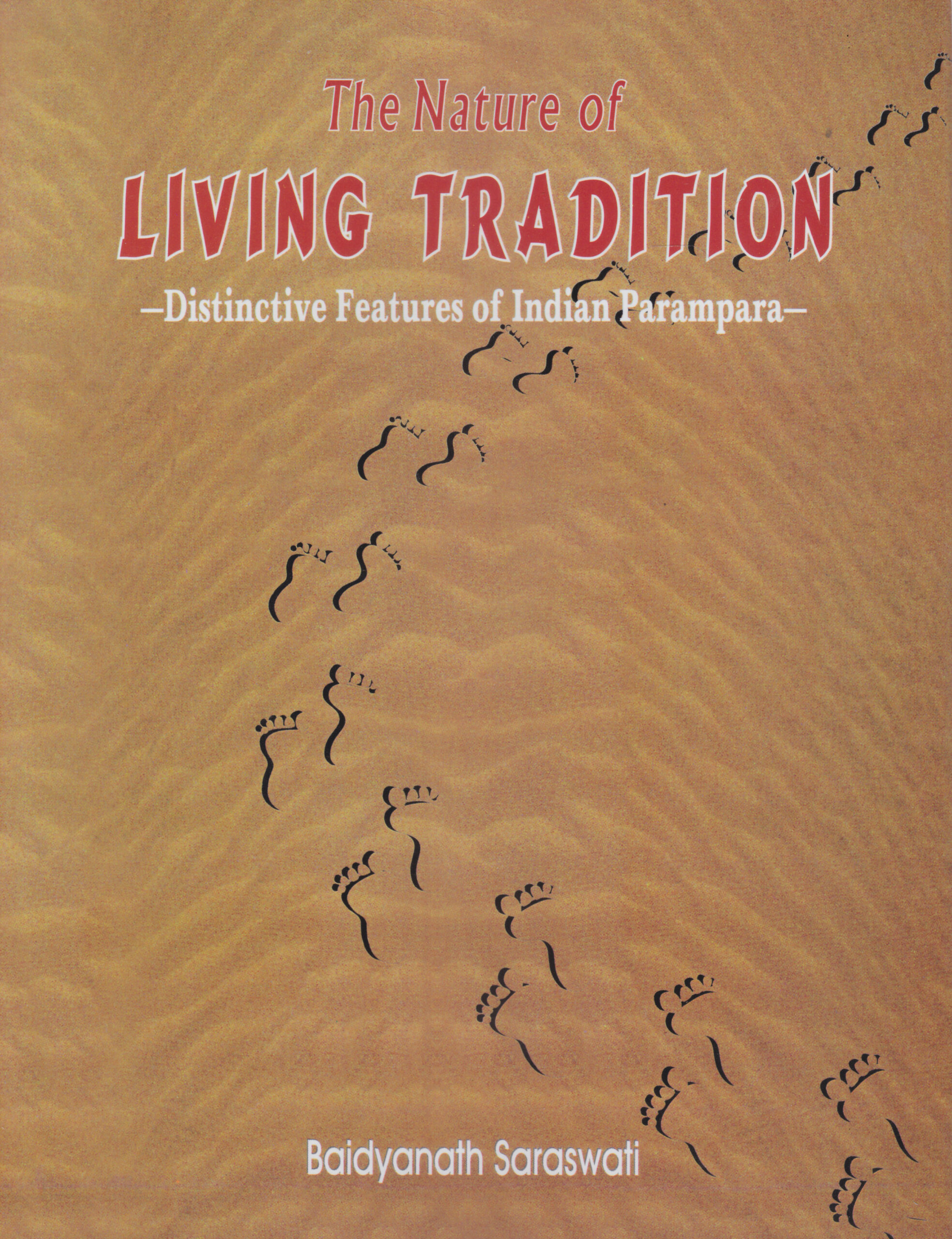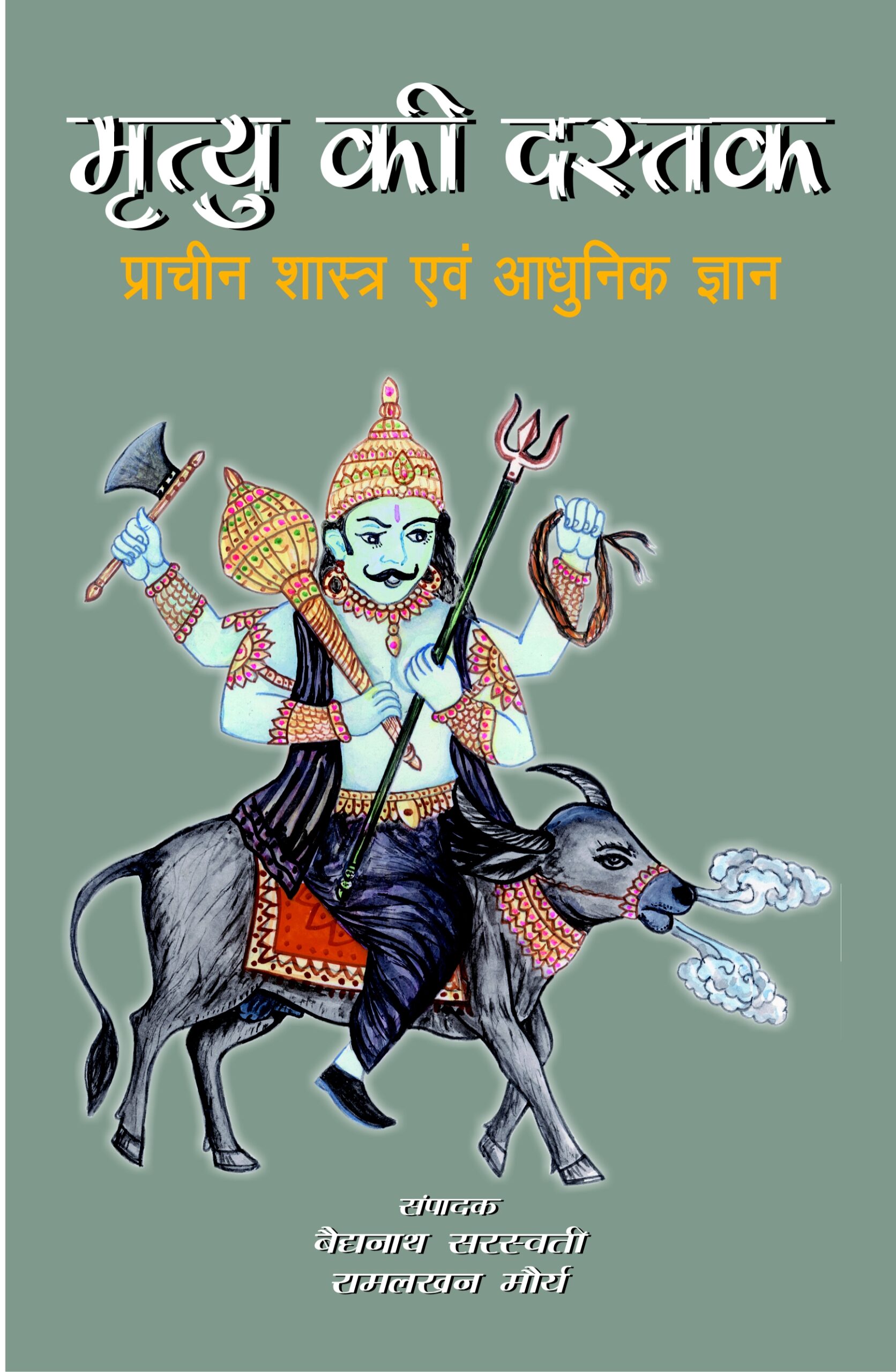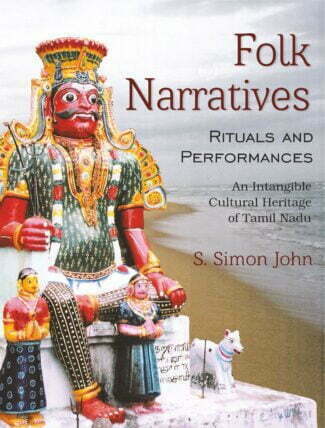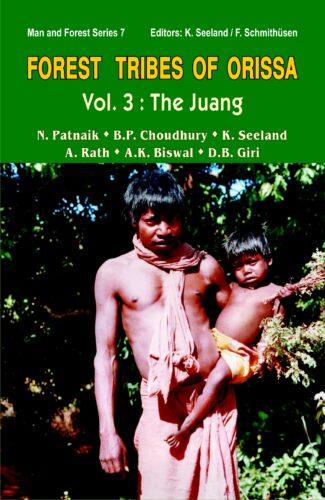

Cultural Dimension o...
Cultural Dimension of Ecology
by: Baidyanath SaraswatiFocussing on the ecological systems in the mountains, forests and islands vis-a-vis the hitherto-adopted modes of aggressive development, these articles underscore the urgency of changing the modern lifestyles, befriending Nature and returning to wisdom tradition.
Original price was: ₹600.00.₹540.00Current price is: ₹540.00.
ISBN: 9788124601020
Year Of Publication: 1998
Edition: 1st
Pages : xviii, 185+[16]
Bibliographic Details : 20 Colour illustrations
Language : English
Binding : Hardcover
Publisher: D.K. Printworld Pvt. Ltd.
Foreword By : Kapila Vatsyayan
Size: 25 cm.
Weight: 850 gm.
Urbanization. Industrialization. Market Economy. Technocentric Lifestyles. Degenerated Consumerism. Air, Water and Land Pollutions. These are some of the tell-tale expressions, recurringly surfacing in the concerns about ecological disturbances across the continents. Today, however, as we are headed for an ecological disaster, there is not only a growing awareness against the cornucopian technocentrism, but also a far-stretched disillusionment with the one-way exploitative, economic development. And even the national planners are being questioned: Can the law of a nation supersede the Law of Nature? Should the rights of the people be allowed to be destructively manipulated by the rules of power? Must the wisdom-tradition of our ancestors be shelved to accomodate the flagrant hypocrisies of the Planning tradition? As a part of the Unesco Chair activities at the Indira Gandhi National Centre for the Arts, a Conference: 13-16 October 1995, New Delhi, involved some of the highly reputed scholars in a stimulating dialogue on the Cultural Dimension of Education and Ecology. Its presentations are now offered in two volumes: setting out independently the Cultural Dimension of (1) Education, and (2) Ecology. Focussing on the ecological systems in the mountains, forests and islands vis-a-vis the hitherto-adopted modes of aggressive development, the 15 articles here underscore the urgency of changing the modern lifestyles, of befriending Nature and, above all, of returning to wisdom-tradition. Also included here are case-studies highlighting the aspects of culture that are being lived in the day-to-day lives of people even today! This collection is invaluable to environmentalists, social activists, economic planners, policy-makers, and cultural scholars working for the revival of traditional wisdom.
Foreword
— Kapila Vatsyayan
Prologue
— John V. Kingston
Introduction
— Baidyanath Saraswati
1. Environment and Education
— Sunderlal Bahuguna
2. Subsistence Strategies and Environmental Management
— R. S. Negi
3. Traditional Knowledge and Management of Natural Resources
— A.S. Mishra
4. Ecological Degradation Due to Exploitation of Natural Resources and Development
— Ramkar Pant
— Rakesh Khanduri
5. Water Resources and their Management in Kashmir
— B. L. Malla
6. Sacred Response to Environment : The Gaddi and His Mountain
— Molly Kaushal
7. Ecology and Traditional Wisdom
— P. S. Ramakrishnan
8. The Nature-centric Culture of the Nepalese
— D. S. Rasaily
— R. P. Lama
9. The Brahmaputras Changing River Ecology
— A. K. Das
10. The Warlis and the Dhangars : The Context of the Commons
— Ajay Dandekar
11. Cultural Dimension of Ecology : A Case Study of the Oraons
— Virginius Xaxa
12. Ecological cultivation in the Karanpura Region : A Case Study
— Sachchidananda
— Rajiv Ranjan Jha
13. Ecology, Culture, History and World-view : The Andaman and Nicobar Islanders
— T. N. Pandit
14. Moral Education for Environmental Protection : The Sarvodaya Model
— H. M. D. R. Herath
15. African Modes of Transmission of Traditional Knowledge
— Charles S. Makari
List of Contributors
Plates







